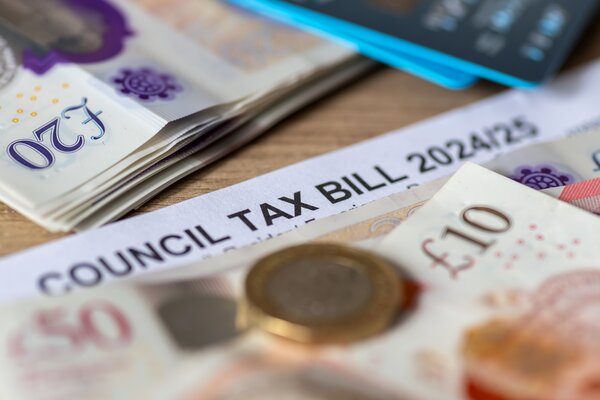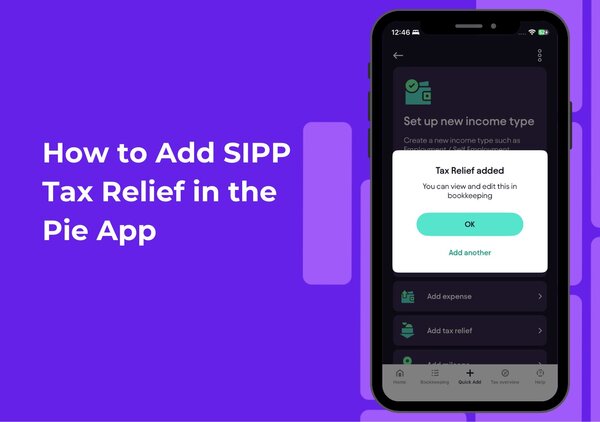
Recent data from HM Revenue and Customs (HMRC) indicates a notable decline in the number of new pension scheme registrations in the UK. This downturn has raised concerns among financial experts and industry stakeholders, who suggest that growing uncertainties surrounding future tax relief rules may be deterring both employers and individuals from initiating new pension schemes.
The UK's pension landscape has long been influenced by the tax incentives provided to encourage retirement savings. However, recent discussions and potential reforms have introduced a level of ambiguity that could be impacting decision-making processes related to pension planning.
Decline in Pension Scheme Registrations
HMRC's latest figures reveal a significant reduction in the number of new pension schemes being registered. While exact numbers have not been publicly disclosed, the trend suggests a departure from previous years' growth patterns.
This decline is particularly concerning given the UK's aging population and the increasing importance of private pension schemes in ensuring financial security during retirement. The reduction in new registrations could have long-term implications for both individuals and the broader economy.
Tax Relief Uncertainty as a Deterrent
Financial experts point to the uncertainty surrounding future tax relief rules as a primary factor contributing to the decline in pension scheme registrations. Historically, tax relief has served as a significant incentive for individuals and employers to contribute to pension schemes.
However, recent discussions about potential reforms, including the possibility of a flat-rate tax relief system, have introduced ambiguity into the system. This uncertainty may be causing hesitation among potential contributors, who are unsure about the future benefits of their investments.
Potential Reforms and Industry Response
The government has been exploring various options to reform pension tax relief, aiming to create a more equitable system. One proposal under consideration is the implementation of a flat-rate tax relief, which could standardise the incentive across different income levels.
While such reforms aim to address disparities in the current system, they also introduce uncertainty that can impact decision making. Industry stakeholders have expressed concerns about the potential effects of these changes, emphasising the need for clear communication and transitional support to mitigate disruptions.

Impact on Employers and Employees
Employers play a crucial role in facilitating pension schemes for their employees. The current uncertainty surrounding tax relief rules may be influencing employers' willingness to establish new schemes or promote existing ones.
Employees, particularly those in higher income brackets, may also be reconsidering their pension contributions in light of potential changes to tax incentives. This collective hesitation could contribute to the observed decline in new pension scheme registrations.
Broader Economic Implications
The decrease in pension scheme registrations could have broader economic implications. A reduction in private pension savings may increase future reliance on state funded retirement benefits, potentially placing additional strain on public resources.
Furthermore, decreased investment in pension schemes could impact financial markets, as pension funds often represent significant institutional investors. Ensuring the stability and attractiveness of pension schemes is therefore vital for both individual financial security and the health of the broader economy.
Calls for Clarity and Stability
In response to the current situation, financial experts and industry bodies are calling for greater clarity and stability in pension tax relief policies. Clear communication from the government regarding potential reforms and their timelines could help alleviate uncertainty and encourage continued participation in pension schemes.
Providing transitional support and educational resources can also assist both employers and employees in navigating any forthcoming changes, ensuring that the benefits of pension savings remain accessible and understood.

Conclusion
The observed decline in pension scheme registrations underscores the significant impact that policy uncertainty can have on financial planning and retirement savings. As discussions about potential reforms to tax relief continue, it is imperative for the government to provide clear guidance and support to both employers and individuals.
Ensuring the stability and attractiveness of pension schemes is not only crucial for individual financial security but also for the broader economic health of the nation. By addressing the current uncertainties and fostering a transparent policy environment, stakeholders can work together to promote sustained engagement with pension savings and secure financial futures for all.
Frequently Asked Questions
What is pension tax relief?
Pension tax relief is a government incentive that allows individuals to receive tax benefits on contributions made to their pension schemes. This means that a portion of the money that would have gone to income tax is instead added to the individual's pension pot, effectively boosting retirement savings.
Why is there uncertainty surrounding pension tax relief?
The government is considering reforms to the pension tax relief system to address disparities and improve fairness. Proposals such as implementing a flat-rate tax relief have introduced uncertainty, as individuals and employers are unsure how these changes might affect their contributions and benefits.
How does the decline in pension scheme registrations affect the economy?
A decrease in pension scheme registrations can lead to lower private retirement savings, increasing future reliance on state-funded benefits. This shift could place additional financial pressure on public resources and potentially impact financial markets due to reduced investment from pension funds.
What steps can individuals take amid this uncertainty?
Individuals should stay informed about potential policy changes and consider seeking advice from financial professionals. Continuing to contribute to pension schemes, while remaining adaptable to future reforms, can help maintain progress toward retirement goals.
How can the government support pension scheme participation during this period?
The government can provide clear communication about proposed reforms, offer transitional support to ease the adjustment process, and implement educational initiatives to help individuals and employers understand the implications of any changes to the pension tax relief system.











